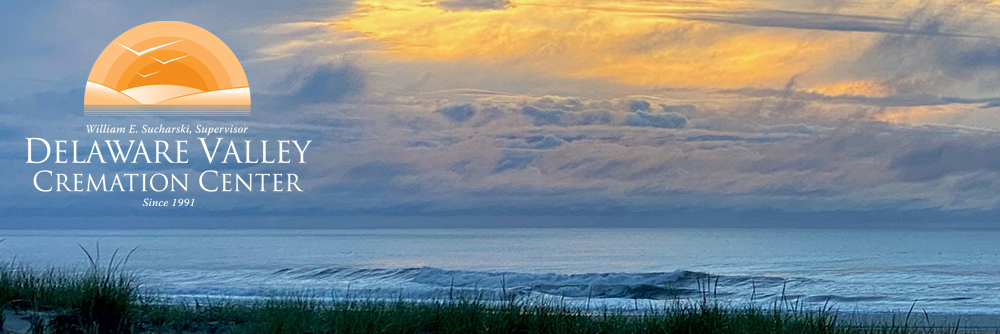The Rise of the “Non-Religious” Farewell
 The fastest growing “religious” group in America is made up of people with no religion at all, according to a Pew survey showing that one in five Americans is not affiliated with any religion. The number of these Americans has grown by 25% just in the past five years, according to a survey released recently by the Pew Forum on Religion and Public Life. Thirty-three million Americans now have no religious affiliation. They are largely not seeking out religion and say that the lack of it in their lives is of little importance. And yet Pew found that 68% of the religiously unaffiliated say they believe in God, while 37% describe themselves as “spiritual” but not “religious.” One in five said that they even pray every day.
The fastest growing “religious” group in America is made up of people with no religion at all, according to a Pew survey showing that one in five Americans is not affiliated with any religion. The number of these Americans has grown by 25% just in the past five years, according to a survey released recently by the Pew Forum on Religion and Public Life. Thirty-three million Americans now have no religious affiliation. They are largely not seeking out religion and say that the lack of it in their lives is of little importance. And yet Pew found that 68% of the religiously unaffiliated say they believe in God, while 37% describe themselves as “spiritual” but not “religious.” One in five said that they even pray every day.
John Green, a senior research adviser at Pew, breaks the religiously unaffiliated into three groups. First, he says, are those who were raised totally outside organized religion. Second are groups of people who were unhappy with their religions and left. The third group, Green says, comprises Americans who were never really engaged with religion in the first place, even though they were raised in religious households. “There is much less of a stigma attached to not being religious”, Green said. “Part of what is fueling this growth is that a lot of people who were never very religious now feel comfortable saying that they don’t have an affiliation.”
As the unaffiliated have become a larger and more distinct group, they now have garnered the attention of elected officials, merchandisers, and businesses that service their specific needs. For example, in the traditionally religious-service centered funeral industry, a few progressive providers are starting to offer sensible, meaningful alternatives to cookie-cutter, religious conclusions. Consumers are demanding and creating “Life-Centered Celebrations” or “Life-Tribute Ceremonies” that bypass traditional religious rites for more secular events featuring personal readings or music. “Certified Celebrants” are arranging and carrying out beautifully appropriate and personal tributes and acting as sort-of a “Master of Funeral Ceremonies”. Families are including Harley Davidson motorcycles in the service, and having remains carried on fire engines and tractors….and generally making sure that it’s their way or no way….with or without the assistance of a funeral home.
With cremation becoming the predominant choice in America, even more people are truly freed from a lack of options. They’re finding unique final resting places, whether as part of barrier reefs, at the base of a newly planted tree in the yard, or being turned into jewelry, art or tattoo ink. They’re saying things like, “I don’t want to have a ceremony in the church or in the four walls of a funeral home. That’s not what my father was about….he went fishing every day.” So, chartering a party boat and sharing in a sea scattering memorial service is the most meaningful option holding true value for them.
Perhaps Eli Henry’s funeral is a perfect example of how a modern, non-religious funeral can leave family members satisfied. After 19-year-old Eli was killed in a car accident, his memorial service was held on a beach, not in a formal parlor, and with a surfboard, not a casket, as the focal point for guests. It included poetry, music, prayer, dance and eulogies. “We had to do something to appropriately honor this person, not honoring some cultural tradition of yesteryear,” explained Cat Henry, Eli’s mother. “We just wanted to focus on what this person was to us and how to be in the moment with him. …. We wanted an atmosphere where people would connect with Eli and find peace and solace…..and a meaningful path toward closure.” At ceremony’s end, Eli’s mother, father and stepfather released his ashes into the edge of the surf, watching as they blended with the elements he so loved.
Things always change. And as a paradigm shift creates more religiously unaffiliated Americans, what remains constant for now is the realization that no one can dictate, or even influence, where people find value regarding such personal issues as religion, or politics….or funerals.
